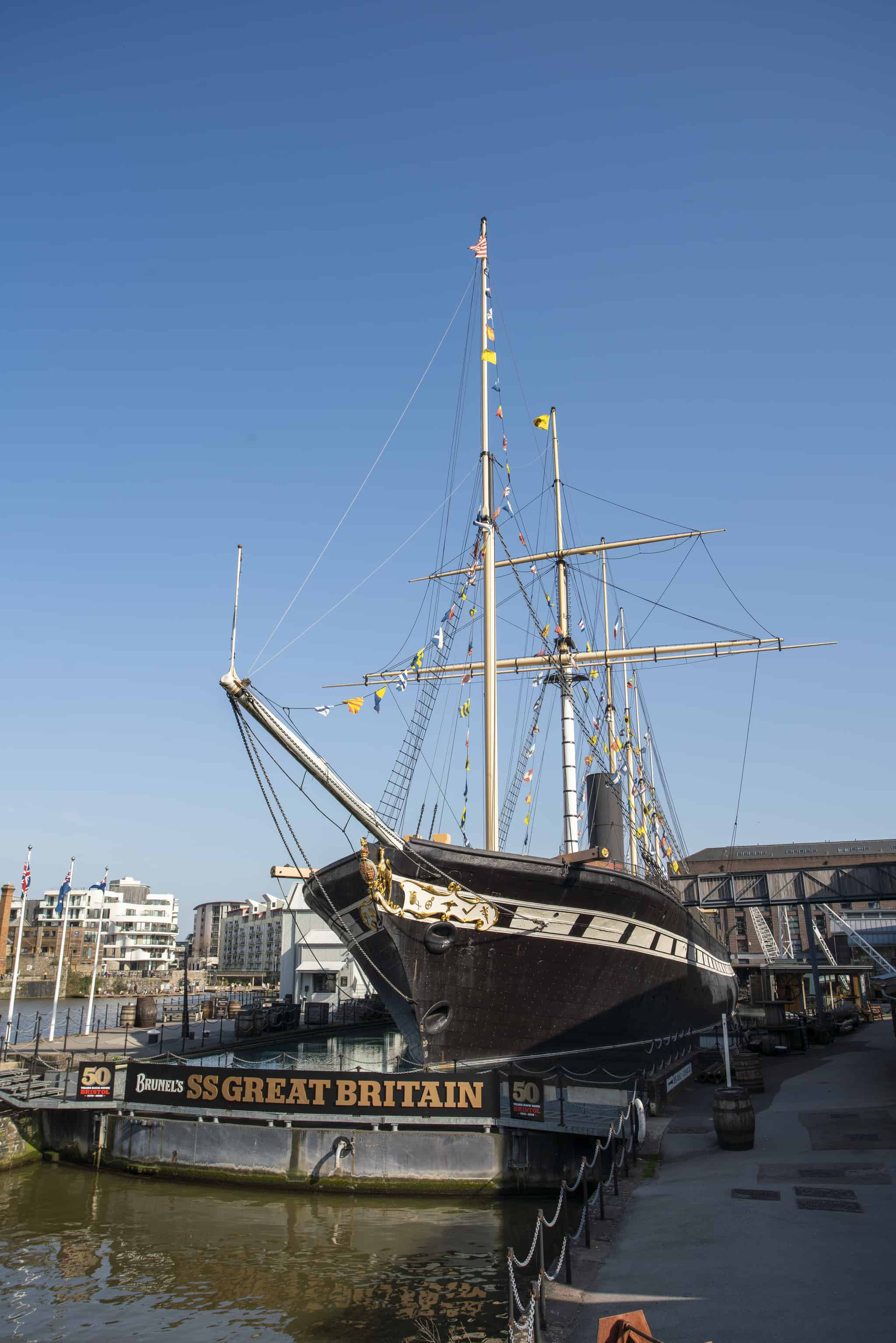Rattus rattus, or the black rat was a common sight on board the ship. These creatures were able to smuggle their way on board and then move around freely eating food, socks, books and almost anything they could get their teeth into. One passenger even woke in the night to discover a rat eating her toe nails! Rats are excellent climbers, able to swim underwater and survive falling from height, making them very difficult to get rid of once they’ve got on board.
Passenger Allan Gilmour, wrote in his diary on 8 October 1852 about the problem of rats on the ship:
“For this some nights past several of the passengers in our cabin have been annoyed by rats which even at times have come into our beds, & tonight we were awoke by a lady screaming, who being awake saw a rat walking on the partition above her head.”
There are numerous other notings of rats making their way into the bunks:
“We are beginning to see the rats. One came into my cabin the other night as I was going to bed, I jumped onto the berth and waited until Joe came down, then he and one of the stewards had a grand hunt, but the gentleman escaped through a hole. Mrs Fenwick was awakened by one biting her toe nails & Jane Cuming has had a new stocking eaten by another.” – Susan Mary Crompton, 1866
“A vile rat ran up my curtains at the head, on to my bed, down my body and into a partition of the next state room. I was just in time to see him. I again awoke the Doctor. We were very nervous having had a visit from these gents before and lost our socks.” – Olcher Fedden
“Poor old Broxie is in a poor way today and has got a swelled face. Then, when she was in bed, in the middle of the night she heard something nibbling and put out her hand and she had got hold of a rat!! – and finished the night walking about the saloon.” – Anna-Maria Georgiana Bright, 1875
Rats were a ship-wide problem, not even the captain was immune! Mary Paul Mulquin wrote in her diary that:
“The Captain tells a droll story of a rat running up his beard (a very bushy article indeed)”.
Rats would be heard moving around the ship and were even sometimes spotted up in the rigging:
“The day before yesterday a rat made his appearance in the rigging, of all places, and a chase commenced. He leaped from one place to another for some moments but at last missed his hold and came too emphatically to the deck, and was killed by the fall.’’ – Anonymous Quaker, 1852
The crew would then try to catch the rats to prevent them from eating the sails or ropes. People went to great lengths to protect themselves and their property from rats, a passenger wrote in their diary “The moment the lights were out, the inhabitants…commenced a capital imitation of a feline [cat] concert”. Sadly, they didn’t elaborate to reveal whether making the cat noises worked in scaring off the rats!
Allan Gilmour’s diary page containing extract about rats – 43 BRSGB1997.020



